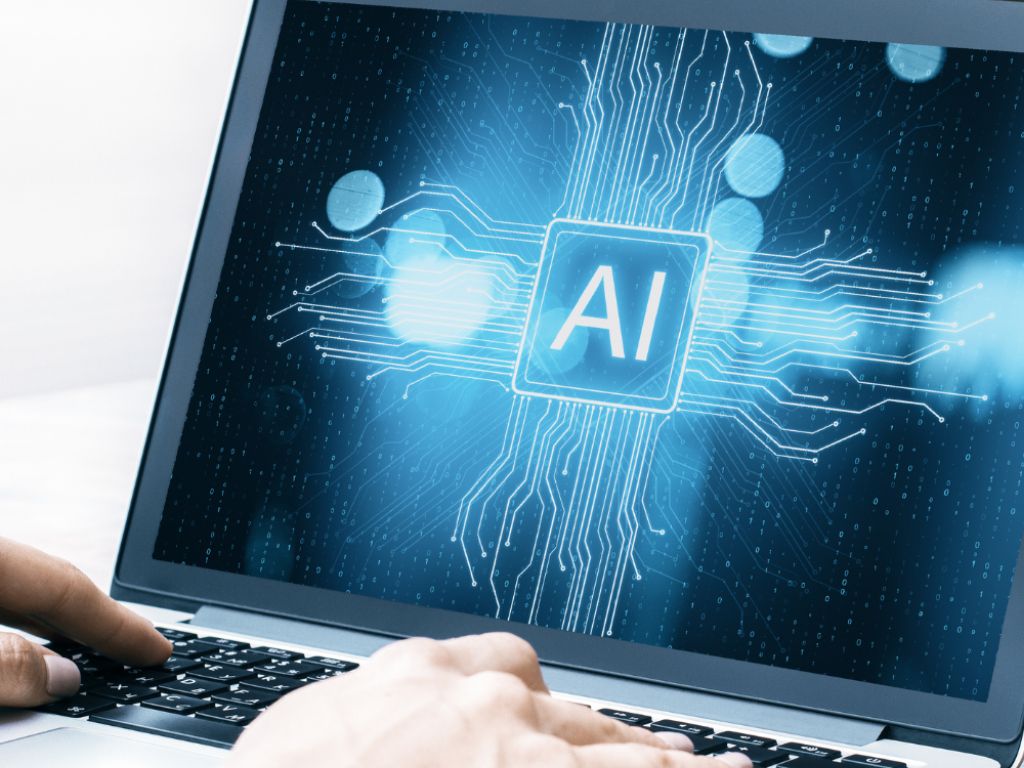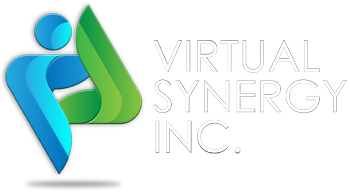
The rise of artificial intelligence (AI) has sparked speculation about the future of various industries, including the role of virtual assistants. As technology continues to advance, there is a question of whether AI will eventually replace human virtual assistants. Today, we will examine the potential impact of AI on virtual assistants and explore whether they will be completely replaced by AI systems.
- Advancements in AI Technology
AI technology has made significant advancements in recent years, enabling machines to perform tasks that were once considered exclusively human. AI-powered virtual assistants, such as chatbots and voice recognition systems, have become increasingly sophisticated and capable of handling various tasks. These AI systems can understand and respond to user queries, perform basic administrative functions, and even provide personalized recommendations.
- Automation of Routine Tasks
One of the main advantages of AI-powered virtual assistants is their ability to automate routine tasks. These tasks include managing calendars, scheduling appointments, answering frequently asked questions, and handling basic customer inquiries. AI systems can process large amounts of data quickly, perform repetitive tasks efficiently, and provide instant responses. This automation can save time and increase efficiency in various industries.
- Limitations of AI Systems
While AI systems have shown impressive capabilities, they still have limitations compared to human virtual assistants. Human virtual assistants possess emotional intelligence, empathy, and critical thinking abilities that are difficult to replicate in AI systems. Human assistants can understand complex contexts, adapt to unique situations, and provide personalized assistance tailored to individual needs. Additionally, human virtual assistants can offer creative problem-solving skills and engage in meaningful conversations that go beyond pre-programmed responses.
- Importance of Human Interaction
In certain industries, human interaction plays a crucial role in building trust and establishing strong relationships. Human virtual assistants can provide a personal touch and offer genuine empathy to customers or clients. They can understand nuanced emotions and provide support during sensitive situations. In fields such as counseling, coaching, or healthcare, the human element is highly valued and irreplaceable.
- Synergy of Human-Assisted AI
Rather than replacing human virtual assistants entirely, the future may involve a synergy between humans and AI systems. AI technology can augment human capabilities and provide assistance in automating routine tasks, gathering and processing data, and enhancing efficiency. Human virtual assistants can focus on higher-level tasks that require creativity, critical thinking, emotional intelligence, and deep interpersonal connections.
While AI technology continues to advance, it is unlikely that human virtual assistants will be completely replaced. The unique qualities and skills that humans possess, such as emotional intelligence and critical thinking, are difficult to replicate in AI systems. However, AI-powered virtual assistants can complement human assistants by automating routine tasks, improving efficiency, and providing basic customer support. The future may see a synergy between humans and AI, where each contributes their strengths to provide the best possible assistance and support.
continue reading
Related Posts
When businesses weigh the decision between hiring a full-time employee or a virtual assistant (VA), cost is often a significant factor.
As businesses continue to embrace remote work, managing teams effectively has become more critical than ever.
Bringing a virtual assistant (VA) into your business can be a game-changer, but the success of the partnership depends on how effectively you handle the onboarding process.



